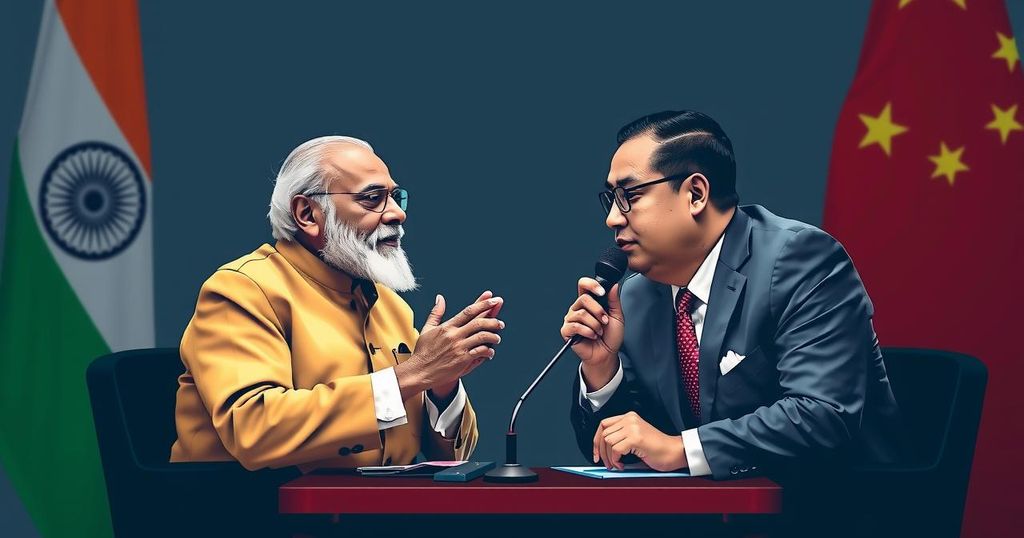Former Bangladeshi Leader’s Exile Poses Diplomatic Challenges for India
In the aftermath of ex-Prime Minister Sheikh Hasina’s exile from Bangladesh amidst a student-led uprising, India now faces a nuanced diplomatic challenge, as highlighted by several analysts. Hasina’s longstanding regime, marked by systematic human rights violations and oppression of opposition, culminated last month with her abrupt departure from Dhaka, where she had governed for 15 years. The upheaval has compelled the Bangladeshi students who initiated the protests to demand her extradition from India, which has historically served as Hasina’s primary supporter.
Sending the aged leader back to Bangladesh could severely undermine India’s standing with its South Asian neighbors, especially in light of its ongoing strategic rivalry with China. Thomas Kean, a representative from the International Crisis Group, emphasized that India is unlikely to extradite Hasina, noting the negative implications such an action would have for other regional leaders who rely on India’s backing.
India’s recent foreign policy missteps, particularly the loss of influence in the Maldives where its favored candidate was defeated, have highlighted its fraught diplomatic relationships within the region. The shift in governance in Bangladesh has resulted in a significant loss of an ally, thereby complicating India’s regional strategy.
Moreover, the historical grievances surrounding Hasina’s regime have fostered a sense of animosity towards India among Bangladeshi citizens, particularly those who felt oppressed under her rule. This tension has manifested in aggressive rhetoric from Indian Prime Minister Narendra Modi, who has pledged support to the interim government led by Nobel laureate Mohammad Yunus, while also urging the new administration to safeguard the interests of the Hindu minority in Bangladesh. It is noteworthy that under Hasina’s government, the Awami League was perceived as being more favorable towards this minority group than the opposed Bangladesh Nationalist Party (BNP).
While certain incidents of violence targeting Hindu communities during the transition period have drawn attention, their portrayal in pro-government Indian media has exacerbated the situation and prompted responses from Hindu nationalist groups aligned with Modi’s agenda. Fakhrul Islam Alamgir, a prominent member of the BNP, critiqued India’s singular support for Hasina, asserting that this approach failed to accommodate the broader interests of the Bangladeshi populace.
The changing dynamics of Indian-Bangladeshi relations have led to a climate of distrust, with some citizens attributing recent calamities, such as flooding, to Indian actions. Although the interim Bangladeshi government has refrained from formally addressing Hasina’s status in India, her diplomatic passport has been revoked, complicating her potential travel.
As per the bilateral extradition treaty established in 2013, India theoretically holds the ability to return Hasina to face charges in Bangladesh. Nevertheless, political offenses may render extradition problematic. Former ambassador to Bangladesh, Pinak Ranjan Chakravarty, articulated that it is essential for Dhaka to exercise caution in its dealings, suggesting that making Hasina’s asylum a contentious issue could damage a relationship deemed crucial for both nations’ benefits.
In conclusion, the current scenario presents India with a delicate diplomatic conundrum. The ongoing support for an embattled former leader poses potential risks to India’s relationships and influence within South Asia, compelling it to navigate these waters with care and foresight.
— By Aishwarya Kumar with Arunabh Saikia in Dhaka, Agence France-Presse







Post Comment